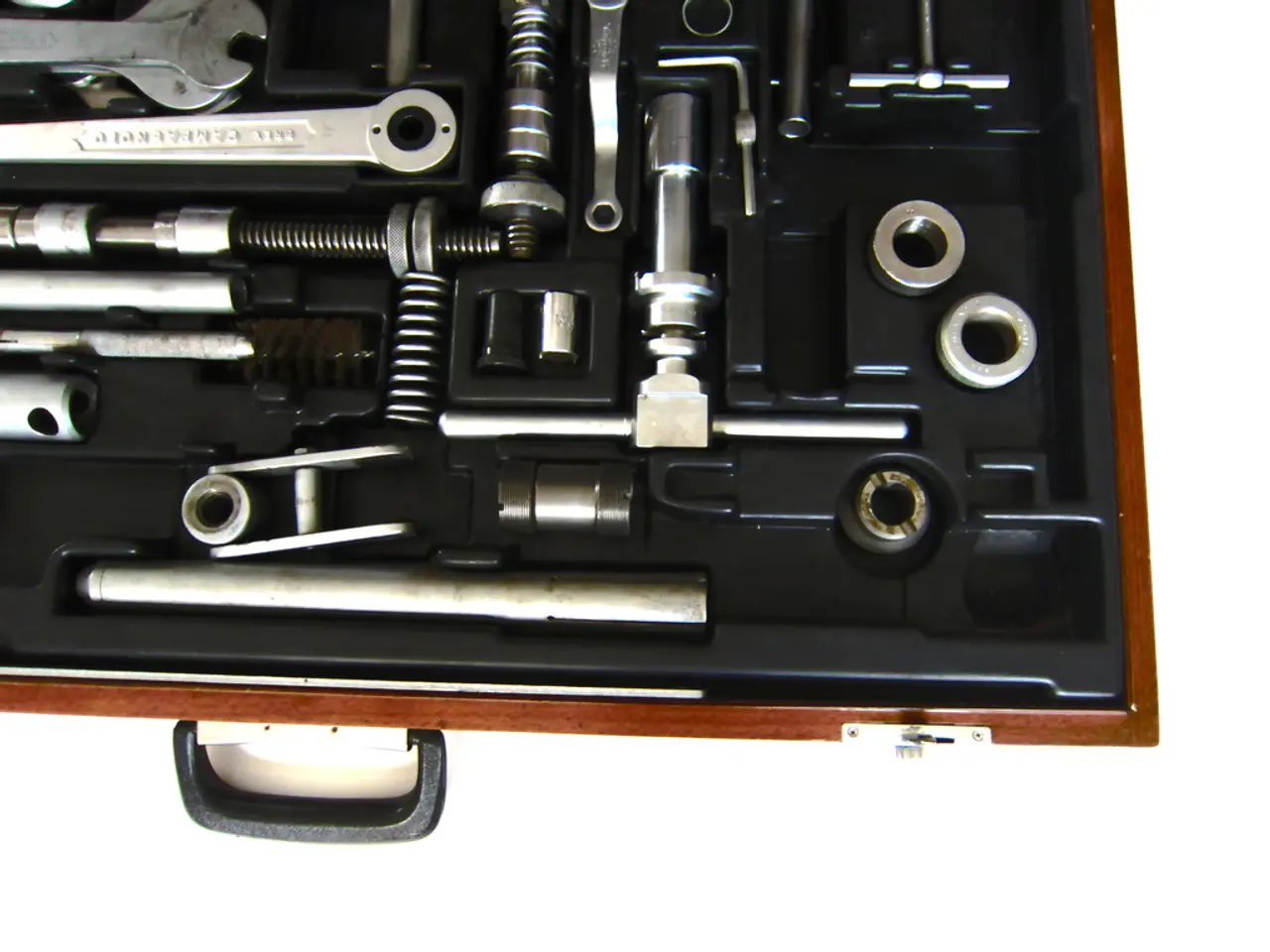Daily Life Prototyping: The Impact of Approaching Existence as Recurring Design Projects on Personal Advancement and Artistic Innovation
In today's rapidly changing world, the importance of adaptability and continuous learning cannot be overstated. Psychologists and thought leaders are advocating for a philosophy that treats life as a series of prototypes, a mindset that encourages experimentation, learning, and iterative improvement.
This philosophy, while not explicitly detailed in the search results, draws on ideas about mental models, iterative learning, and cognitive frameworks for understanding change and growth. It champions a mindset that views each stage, experience, or project in life as a trial or model to be tested, learned from, and improved upon.
By adopting this prototype mindset, individuals are likely to view failures or setbacks not as final, but as valuable data points for improvement. They are more likely to adopt a growth mindset, understanding that skills and outcomes evolve through iterations. This mindset reduces fear of trying new things, as the prototype is understood to be a draft rather than a finished product.
Moreover, this approach emphasizes learning and self-education, aligning with principles of continuous development laid out by thought leaders such as Jim Rohn, who stressed self-education as fundamental to success. It fosters innovation by prioritizing experimentation and feedback loops.
Tools and techniques to facilitate daily design experiments include journaling and reflection, hypothesis-driven planning, rapid prototyping, feedback loops, and digital tools. Artificial Intelligence-driven tools, for instance, can analyze individual preferences, habits, and performance, offering tailored recommendations for self-improvement experiments.
AI, VR, and data analytics provide personalized feedback and immersive testing environments for daily design experiments. Examples of these experiments range from testing morning routines and prototyping communication styles, to applying lean startup methodology in entrepreneurship. Daily design experiments can be applied to various areas of life, such as health and wellness, education and skill development, and financial planning.
Leaders who model curiosity, tolerating failure, and encouraging risk-taking create environments where innovation thrives. Companies that foster a culture of prototyping empower employees to take calculated risks and innovate rapidly, resulting in higher adaptability and competitive advantage.
A prototype mindset promotes ownership, creativity, and learning, leading to more motivated and fulfilled teams. Agile project management, rooted in iterative development, has inspired personal productivity frameworks like "Getting Things Done" and "Bullet Journaling." Sharing experiences, challenges, and successes in communities of experimenters creates a feedback-rich environment and reduces the fear of failure.
In sum, treating life like a series of prototypes encourages a mindset that values testing, iterating, and evolving continuously. This philosophy helps cultivate resilience, innovation, and purpose by allowing individuals to learn incrementally and adaptively throughout life.
- Embracing a prototype mindset, individuals are encouraged to view failures as valuable data points for improvement, fostering a growth mindset.
- This approach aligns with principles of continuous development, advocated by thought leaders like Jim Rohn, who stressed self-education as key to success.
- Tools such as journaling, feedback loops, digital tools, AI, VR, and data analytics can facilitate daily design experiments in various domains, like health and wellness, education, and financial planning.
- Incorporating a prototype mindset into workouts, exercise routines, or diet plans could lead to increased flexibility, strength, and overall wellness.
- Prototyping can be applied to personal growth, where iterative experimentation could help develop certain skills, such as mindfulness, communication, or public speaking.
- Adopting a prototype mindset requires a lifestyle focused on learning, experimentation, and self-development, which can lead to enhanced motivation and fulfilment.
- Companies that promote a culture of prototyping empower employees to innovate rapidly, creating an environment that encourages curiosity, risk-taking, and foster resilience.
- By treating life as a series of prototypes, one can cultivate adaptability, resilience, innovation, and purpose, ultimately leading to a life of continuous learning and personal growth.




